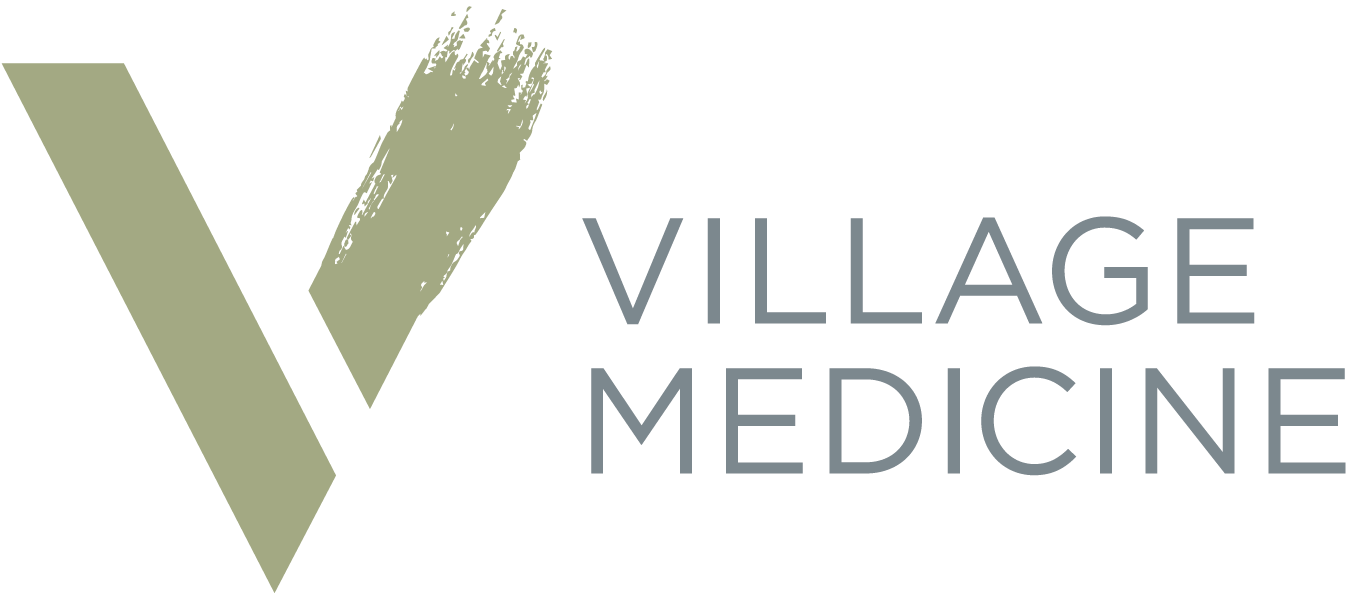News
Optimizing Modifiable Cancer Risk Factors
This Cancer Awareness Month, commit to small, sustainable changes that support long-term health.
Dr. Meghan Zech, ND, FABNO
February is Cancer Awareness Month, a time to reflect on actionable steps to reduce the risk of developing cancer
While genetics and environmental exposures often take the spotlight, the influence of modifiable lifestyle factors—especially those tied to cardiometabolic health—are increasingly recognized for their significant impact on cancer prevention. By understanding and targeting modifiable risk factors like elevated blood sugar, high cholesterol and unhealthy dietary patterns, we can create a body environment less favorable to cancer development and progression.

The Cardiometabolic-Cancer Connection
Cancer and cardiometabolic diseases share many common pathways, including chronic inflammation, oxidative stress and hormonal imbalances. These processes often stem from preventable or modifiable factors such as poor nutrition, insufficient physical activity and unmanaged stressors.
Elevated Blood Sugar and Insulin Resistance
Persistently high blood sugar levels, which are often driven by diets rich in refined carbohydrates and sugars, lead to insulin resistance. Insulin resistance promotes the production of insulin-like growth factor 1 (IGF-1), a hormone that encourages the growth of cancer cells while suppressing their programmed death. Studies also link type 2 diabetes with a higher risk of cancers, including colorectal, breast and pancreatic.
High Cholesterol and Cancer Progression
Cholesterol is another modifiable risk factor with significant implications for cancer. Tumor cells utilize cholesterol to build membranes and create molecules that support their growth and spread. Research has linked high cholesterol to an increased risk of hormonesensitive cancers such as breast and prostate cancer. Reducing cholesterol levels through lifestyle changes and targeted nutrition can mitigate these risks.
The Standard American Diet (SAD)
The SAD diet—high in sugar, refined carbohydrates, unhealthy fats, and ultra-processed foods—exacerbates every facet of cardiometabolic dysfunction. This nutrientpoor, calorie-dense pattern fuels obesity, inflammation and a disrupted gut microbiome, creating conditions conducive to cancer.
- Obesity and Inflammation: Excess fat tissue produces hormones and pro-inflammatory molecules that encourage cancer growth. Obesity is linked to at least 13 cancers, including colorectal, endometrial and postmenopausal breast cancers.
- Gut Health Disruption: The SAD diet harms the gut microbiome, impairing immunity and increasing cancerpromoting byproducts. This connection is particularly evident in colorectal cancer.
Addressing Modifiable Risk Factors
The good news is that these risk factors are within our control. By making intentional, evidence based lifestyle changes, we can reduce the risk of cancer and improve overall health.
Nutrition as Prevention

- Stabilize Blood Sugar: Choose low-glycemic foods like vegetables, legumes, nuts, and lean proteins.
- Lower Cholesterol: Incorporate whole grains, flaxseeds and fatty fish for fiber and omega-3 fatty acids.
- Combat Inflammation: Add antioxidant-rich foods such as berries, spices, and green tea to neutralize oxidative stress.
- Support Gut Health: Boost fiber intake with fruits, vegetables and whole grains to nurture a healthy microbiome.
Incorporate Physical Activity
Regular exercise improves both cardiometabolic and cancer outcomes by reducing insulin resistance, inflammation, and obesity while enhancing immune function. Aim for:
- 150 minutes of moderate aerobic activity per week, like walking or cycling.
- Strength training twice a week to maintain muscle mass and metabolic health.
Manage Stress
Chronic stress fuels inflammation and hormonal imbalances that can heighten cancer risk. Practices like mindfulness, yoga, or deep breathing can promote resilience and reduce stress-driven inflammation.
Utilizing Blood Markers and Specialty Testing
Blood tests can provide valuable insights into the factors discussed above, helping to assess overall health and finetune preventive strategies. Monitoring markers such as blood glucose, HbA1c, cholesterol levels, inflammatory markers and vitamin D levels can reveal hidden risks or deficiencies that may increase susceptibility to disease or impair immune function.
Specialty tests also play an important role, particularly for individuals with higher genetic or environmental risks. Tests like the Galleri multi-cancer early detection test can identify early signals of certain cancer types, even in asymptomatic individuals. This is especially valuable for those with a family history of cancer or significant exposure to carcinogens. Tools like microbiome analysis or advanced nutrient panels can further personalize interventions, optimizing the body’s resilience against disease.
A Proactive Approach to Health
The link between cardiometabolic dysfunction and cancer underscores the importance of prevention through lifestyle medicine. Cancer prevention is not just about avoiding specific exposures but creating a body environment that is inhospitable to disease. By addressing these modifiable factors, we can empower ourselves to live healthier, longer lives. This Cancer Awareness Month, commit to small, sustainable changes that support long-term health. Whether it’s swapping processed snacks for whole foods, prioritizing daily movement or finding moments of mindfulness, each step contributes to a healthier you!

This Cancer Awareness Month, commit to small, sustainable changes that support long-term health. Whether it’s swapping processed snacks for whole foods, prioritizing daily movement or finding moments of mindfulness, each step contributes to a healthier you!
* This post was originally printed in the Village Medicine Seattle’s Wellness Quarterly Magazine, 1Q25 Edition. Read and download the full publication

About The Author
Dr. Meghan Zech is a Naturopathic Physician and Fellow of the American Board of Naturopathic Oncology (FABNO) serving patients at Village Medicine Seattle. Meghan believes in an individualized approach to educate and empower patients in order to establish and support sustainable health and well-being.
Learn more about Dr. Zech
